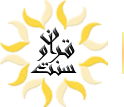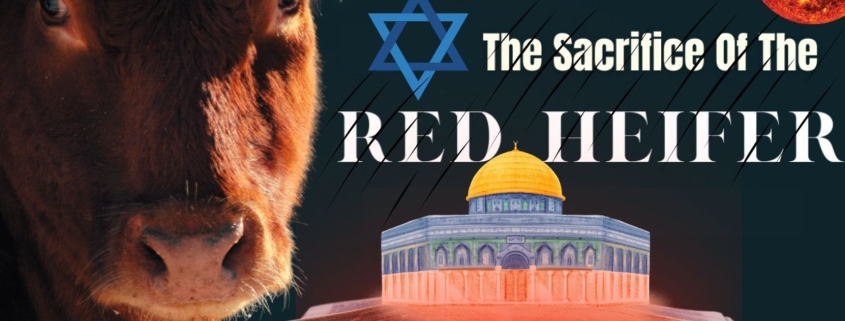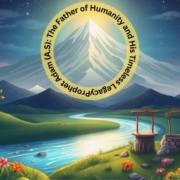Quranic View: The Significance of Sacrifice of the Red Heifer in Israel
In Jewish tradition, the sacrifice of the red heifer in Isreal holds profound significance, symbolizing purification and preparation for the rebuilding of the Third Temple. While the Quran does not directly address the red heifer sacrifice, it offers insights into the broader themes of purification and spiritual renewal. Let’s explore the significance of the red heifer sacrifice in Israel and consider its implications from a Quranic perspective.
The Red Heifer Sacrifice in Jewish Tradition
- According to Jewish tradition, the red heifer sacrifice is a ritual performed to purify individuals and objects that have come into contact with death. The ashes of the red heifer are mixed with water to create a purifying agent known as “mei niddah.”
- The sacrifice of the red heifer is seen as a prerequisite for the rebuilding of the Third Temple in Jerusalem. It is believed that the ashes of the red heifer will play a crucial role in purifying the site where the Temple will be constructed.
Biblical References
- The red heifer sacrifice is mentioned in the Torah, specifically in the Book of Numbers (Numbers 19:1-22). According to the biblical narrative, the red heifer must be without blemish and has never been yoked to a plow.
- The ashes of the red heifer are sprinkled upon those who have become ritually impure through contact with death, enabling them to reenter sacred spaces and participate in religious rituals.
Quranic Perspectives on Purification
- While the Quran does not mention the red heifer sacrifice specifically, it emphasizes the importance of purification and spiritual cleanliness. Quranic verses such as Surah Al-Baqarah (2:222) and Surah Al-Ma’idah (5:6) outline guidelines for ritual purification, including ablution (wudu) and ritual bathing (ghusl).
- The Quran also emphasizes the spiritual dimension of purification, encouraging believers to purify their hearts and intentions, as well as their physical bodies. Surah Ash-Shams (91:9-10) speaks to the success of those who purify themselves spiritually.

Speculation and Interpretations
- Some interpretations within Islamic eschatology speculate about the red heifer sacrifice concerning the End Times and the rebuilding of the Third Temple. These interpretations draw from Hadiths and prophetic traditions that mention significant events preceding the Day of Judgment.
- While the Quran does not provide specific details about the red heifer sacrifice, it underscores the broader themes of purification, spiritual renewal, and preparation for the Hereafter. Believers are encouraged to focus on purifying their hearts and souls, as well as their physical bodies, in anticipation of the Day of Judgment.
Conclusion
In conclusion, the red heifer sacrifice in Isreal holds profound significance in Jewish tradition, symbolizing purification and preparation for the rebuilding of the Third Temple. While the Quran does not specifically mention the red heifer sacrifice, it emphasizes the importance of purification and spiritual cleanliness in the lives of believers. Regardless of specific rituals or practices, the Quran encourages believers to focus on purifying their hearts and intentions, as well as their physical bodies, in anticipation of the Hereafter.











